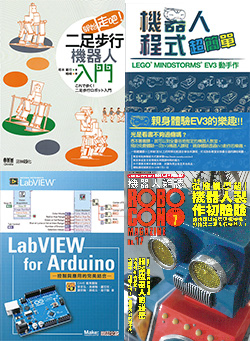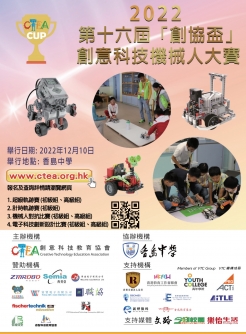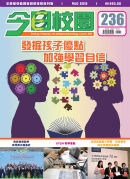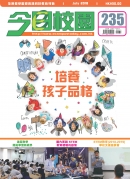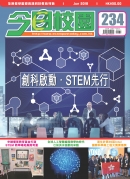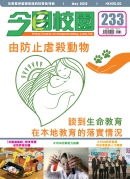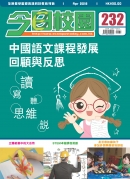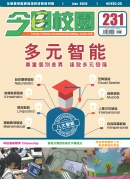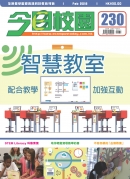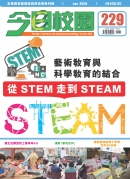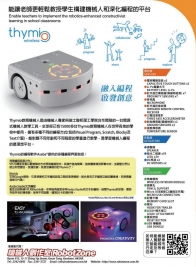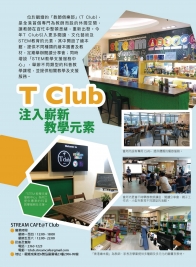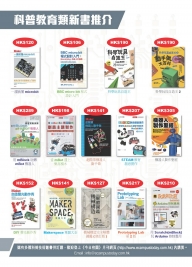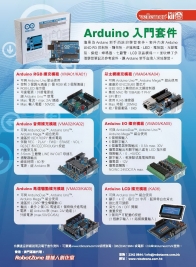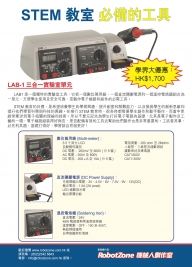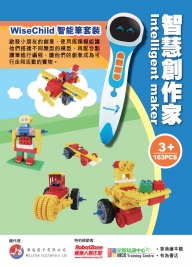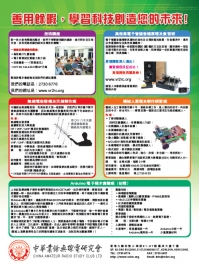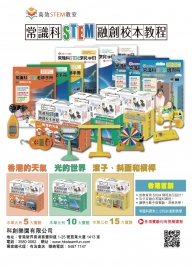Writing Question:
In Hong Kong many terminally ill patients have no choice but to wait for an exceedingly long amount of time for an organ donation. Some attribute this phenomenon to the general apathy towards organ donation in the city. Write an article to your school magazine, explaining the phenomenon and suggesting feasible measures to turn the situation around.
Give the gift of life to terminally ill patients
For most of us who lead an easy life, we many not conceive the idea of being in dire illness and under the threat of death. But, we should bear in mind that having good health is not a must. Not only should we feel grateful for it, but we should also give others a helping hand.
These days, it is palpable that the general apathy towards organ donation is a fundamental rationale driving terminally ill patients no option but to wait for an extremely long period of time for an organ transplantation. But have you ever wonder why citizens are not that willing to be a donor?
To commence with, we can divide the general to three types of people, and each of the category should take diverse measures to solve the root of the problem. The first type of people are the ones who are willing to participate in organ donation. But, ultimately, they are the ones who choose to step back as they might worry that their daily life will be affected after the organ transplantation. For this type of donors, female ones might worry that during the time of recovering, no one will help them do the housework or take care of their children; as for the men, more often than not, they are the breadwinner for their family. Thereby, they might worry that during the recovery period, their family will be in dire straits. To solve the above people’s hindrance, the government can help by offering temporary domestic helpers to the donors until they are fully recovered. In addition, compassionate leave with salary can be provided so that it will not create financial burden to the donors.
Apart from the ones who have pressure from families, never should w neglect our young generation and the parents. As we all know, youngsters nowadays are greatly influenced by western culture and that they are relatively more open-minded when compared to the previous generations. As such, they will also opt to take part in organ donation. Nevertheless, some parents won’t allow their babies to do so. Since most of the parents are more to the traditional side, they have superstitious belief that death is a taboo and they are reluctant to talk about this topic on most occasions. Furthermore, they might even have a misconception that people can only rest in peace when their body remain intact after death. By solving the obstacle, we should ask this kind of parents to step into the shoes of the patients’ parents. If the patients in urgent needs are their kids, will they still choose not to give them a helping hand and look on with folded arms? Probably not, as the saying goes, “Example is better than precept.” Parents should lead their children to sign the organ donation card. Even if they are still not willing to, at least they should not stop their children from giving a hand to others and do good deeds.
Besides, we should also take selfish people into account. They are the worst and hardest to deal with among the general. As this kind of people will only think about themselves, they do not show care about others, especially the ones who are not related and have no relationship with. Even if they are facing terminally ill patients, they will think that it is none of their business and won’t go for medical check to see whether they are suitable to help even when the government is appealing citizens via the Internet, advertisements, newspapers, etc. To deal with this kind of people, it may seem that there is no easy antidote. Still, where there is a will, there is a way. The government should mete out the “assumed acquiescence donation” policy which is already implemented in some European countries such as Spain and Belgium. Under this policy, all citizens are assumed donors unless they opt out. By administrating this policy, we hope that it can increase the amount of people donating organs to the needy even if they are the so called “selfish ones”. That is why the “assumed acquiescence donation” policy can turn the situation around.
Irrefutably, there is no panacea for the aforementioned problems regarding organ donation. I believe it really takes time for citizens to accept this taboo. Nonetheless, I have a belief that everyone was born with benignity; no one will be so cold-hearted to see terminally ill patients suffering from any diseases. On the contrary, we should show sympathy and give them a new lease of life.
Zara Wong, 5A
иЁӮй–ұж–№жі•пјҡ и«ӢжҢүжӯӨиҷ•
иЈңиіјжҹҘи©ўпјҡжӯЎиҝҺиҮҙйӣ»гҖҠд»Ҡж—Ҙж Ўең’гҖӢиЁӮй–ұйғЁ 2342-8298 (鄧е°Ҹе§җ)


